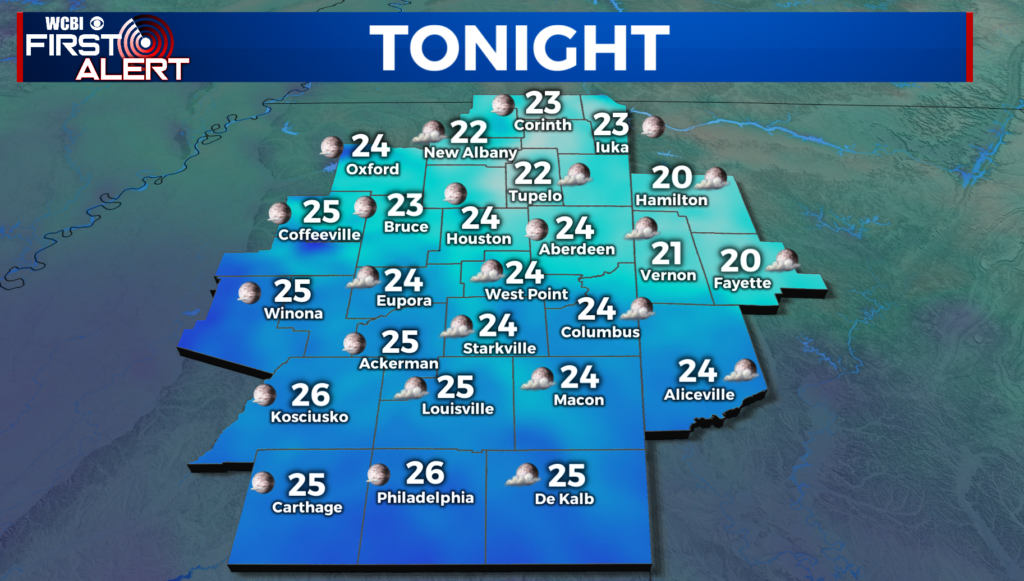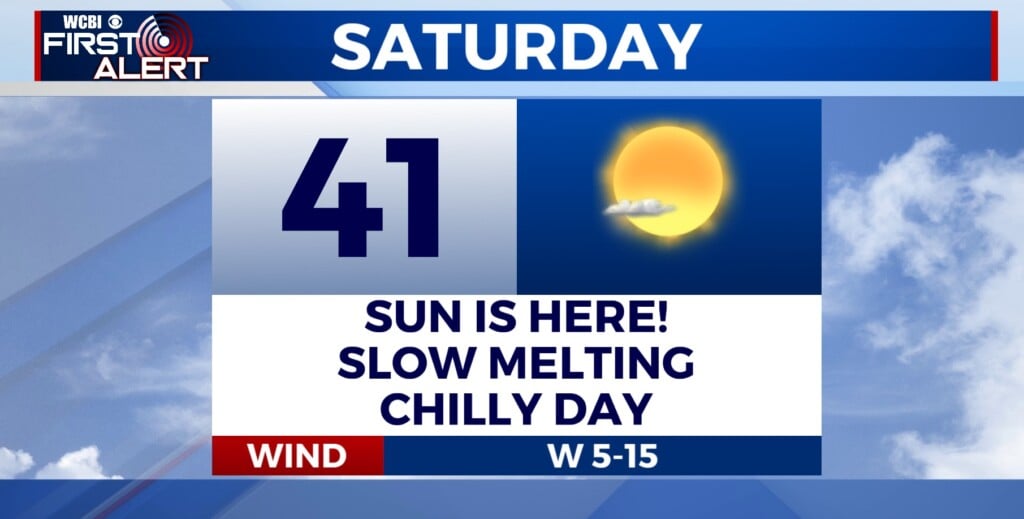Poultry Growers Face Significant Obstacles

Mississippi State University Extension Service poultry specialist Tom Tabler, left, visits with Winston County poultry grower Tim Hobby on May 8. Hobby lost 10 broiler houses in the April 28 tornado. (Photo by MSU Ag Communications/Linda Breazeale)
By Linda Breazeale
MSU Ag Communications
LOUISVILLE, Miss. – Poultry growers are reeling from the April 28 tornadoes that caused tremendous damage on farms and the loss of more than a million birds in four Mississippi counties.
The Mississippi Board of Animal Health reported that 1,044,800 birds died from the tornadoes or subsequent power outages. Winston, Wayne, Newton and Scott counties reported 58 houses with major damage and 17 houses with minor damage.
Recognizing the enormous challenges, Winston County Emergency Management director Buddy King requested help from the Mississippi State University Extension Service in organizing a meeting on May 8. The gathering brought poultry growers together with state and federal agencies to express concerns and learn about response procedures.
“We are ready to help, but this is going to be a long process,” King said. “This is the first time we have had a poultry-specific meeting after a storm in the state of Mississippi. If growers need something specific, we need to know it so the next time something like this happens, we will have a better understanding of what to do.”
Tom Tabler, Extension poultry specialist, facilitated the meeting.
“Growers just need to know which agencies need what documentation,” he said. “It is easy for farmers to feel like they are getting the runaround, but there is usually some method to the madness.”
Tabler said many growers have significant recovery expenses but no options for income except disaster money. Some of them may have lost their homes in addition to their poultry houses.
“There will not be any quick fixes for these farm families,” he said.
Organizations represented at the meeting included the Federal Emergency Management Agency, Small Business Administration, Natural Resources Conservation Service, Farm Service Agency, Mississippi Board of Animal Health, Mississippi Farm Bureau and Mississippi Poultry Association.
Winston County grower Tim Hobby attended the meeting. He lost 10 broiler houses and 234,000 birds. About half of the birds arrived four days before the storm, and the others were placed in the houses about two hours before the tornado barreled through.
“The biggest challenges have been working through the regulations, but we have also had to deal with looters looking for anything they can steal,” he said. “I appreciate this meeting trying to get everyone on the same page, but there are still a lot of unanswered questions.”
Hobby said his immediate need is debris removal.
“I would need 2 miles of roadside to pile all this within 10 feet of the right-of-way for the county to pick up. There is just too much for that to work,” he said.
At this time, Winston County residents are asked not to burn the debris because of the risk of wildfires.
“We just need some realistic advice — someone throw me a bone,” Hobby said.
Mike Sullivan of the U.S. Department of Agriculture’s Farm Service Agency told the growers he understands their frustrations. His poultry farm was hit by a tornado three years ago.
“We are hoping that the livestock indemnity portion of the new farm bill will move along faster than it did in the old farm bill,” Sullivan said. “These recent tornadoes are the first time we are implementing the new legislation. Unfortunately for Mississippi, but fortunately for those impacted, we have a lot of experience handling disasters.”
Sullivan encouraged farmers to keep good records of all their expenses and to take pictures along the way.
Mark Leggett, president of the Mississippi Poultry Association, said poultry companies have been responsive to growers’ immediate needs.
“Companies have been working with their growers to get them back on their feet,” Leggett said. “The new farm bill is in place and should help growers in the recovery. Still, it’s going to be a long process.”
Meeting organizers said a second meeting will be held to answer some of the questions raised and to address additional issues that may surface.





Leave a Reply